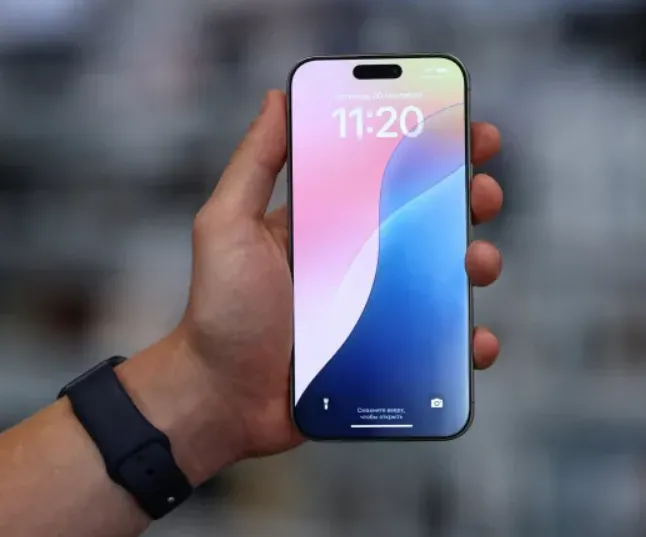A major legal setback has landed for former President Donald Trump’s trade policies, as the U.S. Court of Appeals ruled that most of his tariffs were imposed unlawfully. In a 7–4 decision, the judges concluded that the International Emergency Economic Powers Act (IEEPA) does not give the president the authority to levy tariffs, emphasizing that such powers rest with Congress.
The case, V.O.S. Selections v. Trump, consolidated challenges brought by states and small businesses frustrated by the trade restrictions. This marks the second time a court has found the tariffs exceeded presidential authority, following an earlier rejection by the U.S. Court of International Trade.
Trump, however, isn’t backing down. He announced plans to appeal to the Supreme Court, blasting the ruling as “partisan” despite the fact that the vote wasn’t strictly divided along political lines. Legal observers note that a final decision could take months, and until then, the tariffs remain in force. The current ruling won’t take effect until mid-October, leaving the door open for further review.
For Apple, the timing couldn’t be worse. With the iPhone 17 launch set for September 9 and shipments planned shortly after, the company is bracing for added costs tied to the ongoing tariffs. Apple has already warned investors of more than $1 billion in extra expenses this quarter alone. Analysts expect the iPhone 17 to debut at a higher price point than its predecessor, with the tariff burden falling partly on consumers.
If the Supreme Court ultimately upholds the appeals court decision, Apple could see relief on future imports. What remains unclear is whether companies would be reimbursed for the tariffs already paid. In the meantime, Apple must move forward with one of its most important product launches of the year under heavier financial pressure, a reality likely to ripple across its global customer base.
